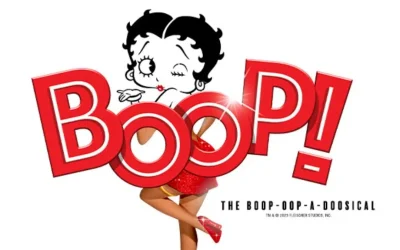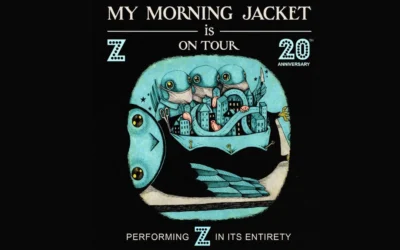The Arkansas Supreme Court ruled Thursday, April 19, with a 4-3 split decision that its anti-scalping law applies to authorized ticket agents like Ticketmaster. Despite Ticketmaster’s argument that its position as an agent of the arena makes its sales price the “box office price”, the court declared that the Deceptive Trade Practices Act does apply to exclusive agents of a public facility who sell tickets to events for prices above the face value or advertised price.
This comes as a direct result of the federal lawsuit filed against Ticketmaster by Corey McMillian of Arkadelphia. McMillian alleges that the state law was violated when Ticketmaster applied fees to his purchase of four Jason Aldean tickets, raising the advertised price of $42.75 to $55 each.
According to Arkansas Code 5-63-201, selling tickets to an entertainment event at a “greater price than that printed on the ticket or box office sale price plus any reasonable charge for handling or credit card use, whichever is greater” is illegal.
However, Ticketmaster contested the charge, citing that the original law was meant to act as a safeguard to protect consumers from ticket resellers, and therefore did not apply to the company. Ticketmaster argued that, as an agent with an exclusive contract to sell the Verizon Arenas tickets, that the price of tickets on their website is the “box office sale price.”
A phone message left for Verizon Arena’s General Manager was not returned.
Ultimately, the court sided with McMillian and his attorneys. This ruling, in effect, accuses Ticketmaster of scalping their own tickets, and makes them no different than the members of the secondary ticket market who Ticketmaster is often quick to condemn.
The case in Arkansas could prove to be a win for live entertainment fans across the country because it sets the precedent of limiting the fees that primary ticketing agencies can charge a consumer.



